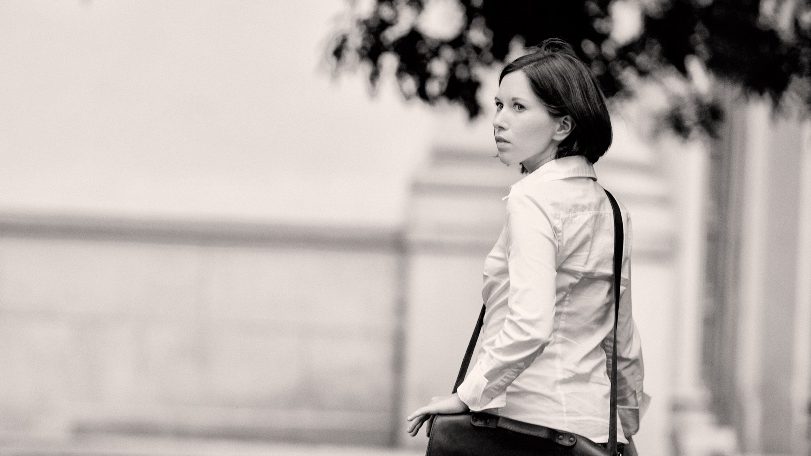
Rome, 1983. A young girl does not return home after her singing lesson. Her father is an employee of the Vatican, and the investigation leads to the heart of the Curia and the Roman Mafia. Rome, 2008. A witness reports that the missing girl was abducted, murdered, and dumped in a sack in a concrete pit. The media reports that the investigation is being reopened. But once again, the Vatican refuses to cooperate. Thus, the crime remains unsolved to this day.
The case of 15-year-old Emanuela Orlandi is real and eerily resembles Verdi’s opera. Like the jester Rigoletto, Orlandi’s father is a minor employee at court (here: the Curia), and he too is unable to protect his daughter from the grip of the powerful and her eventual downfall. Just as the stories of opera and reality intertwine here, Verdi’s closeness to his people and their reality is also reflected in the music—through new arrangements and songs by Etta Scollo, considered one of Italy’s leading vocalists.
After extensive research and conversations on site, the play incorporates the currently available information into the opera. DER FALL RIGOLETTO is the drama of a father who cannot protect his child, a drama about violence and everyday life in Italy, and the drama of the abuse of cynical power before our eyes, right in the center of democratic Europe. And a tribute to a girl and to another Italy we do not want to forget.
WITH
Volker Briesemeister, Dejan Brkic, Kerem Can, Lars Grünwoldt, Jörg Gottschick, Tobias Hagge, Kristina Jean Hays, Bianca Ianuzzi, Claudio Martino, Constanze Morelle, Egill Arni Palsson, Alexandra Schmidt and Etta Scollo
ADAPTATION/DIRECTION: Bernhard Glocksin MUSICAL ARRANGEMENT: Ferdinand von Seebach, Etta Scollo MUSICAL DIRECTION: Ferdinand von Seebach, Hans-Peter Kirchberg CHOREOGRAPHY: Krystyna Obermaier SET DESIGN: Helmut Topp COSTUME DESIGN: Elena Zielinski, Christina Kämper RESEARCH/COLLABORATION: Sabrina Rossetto, Carola Söllner DRAMATURGY: Gerhard Müller